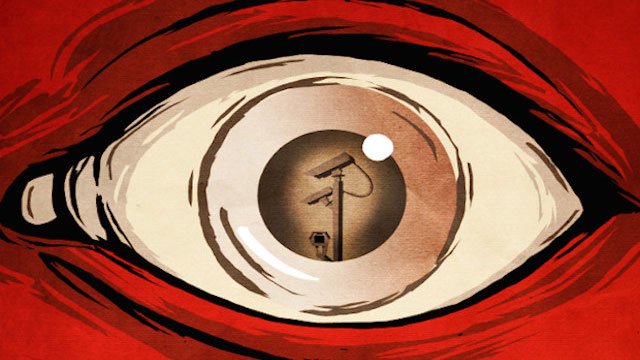
The Ethics of Virtual Reality Storytelling
The goal of Virtual Reality is to create a sense of “presence,” whereby even if your higher level brain knows what you are observing is virtual, your low-level brain absorbs the experience as a real memory.
I still remember my first virtual reality demo fondly, a demo by AMD which left me going back to experience it several more times.
We use the phrase “suspension of disbelief” about the experience of watching TV or movies. This implies that our default state watching TV and movies is disbelief. We start to believe only when we become sufficiently immersed.
With VR, the situation is reversed: we believe, by default, that what we see is real.
The world of VR is new and mostly unexplored, it is full of interesting concepts to be created and also has the potential for harm.
VR also has the potential to quickly become mainstream and with so much attention, people have begun asking serious questions. One such question being “Is Virtual Reality ethical?”.
There have been few studies into how virtual reality can affect your decisions. However we did find one such study that took place at Stanford University. The study conducted was a test to see if doing something in virtual reality could affect your daily life and decisions.
Testers were given a specialised controller designed to feel like a chainsaw, and a head mounted display, they were then asked to cut down a tree virtually.
The effect was enough to alter the testers paper usage by around 20%. This is opposed to a video simply showing a tree being cut down, that did not affect people’s behavior enough to make a permanent change.
This is a positive result but this leads to questions about the ability of virtual reality to persuade people negatively through presence. This leads to ethical questions about VR content. What content is acceptable?
How will or can VR shape the minds of those who use it? How will content being developed influence participants when it comes to subjects such as:
- Violence
- Sexism
- Ageism
- Alcoholism
What do you think?





